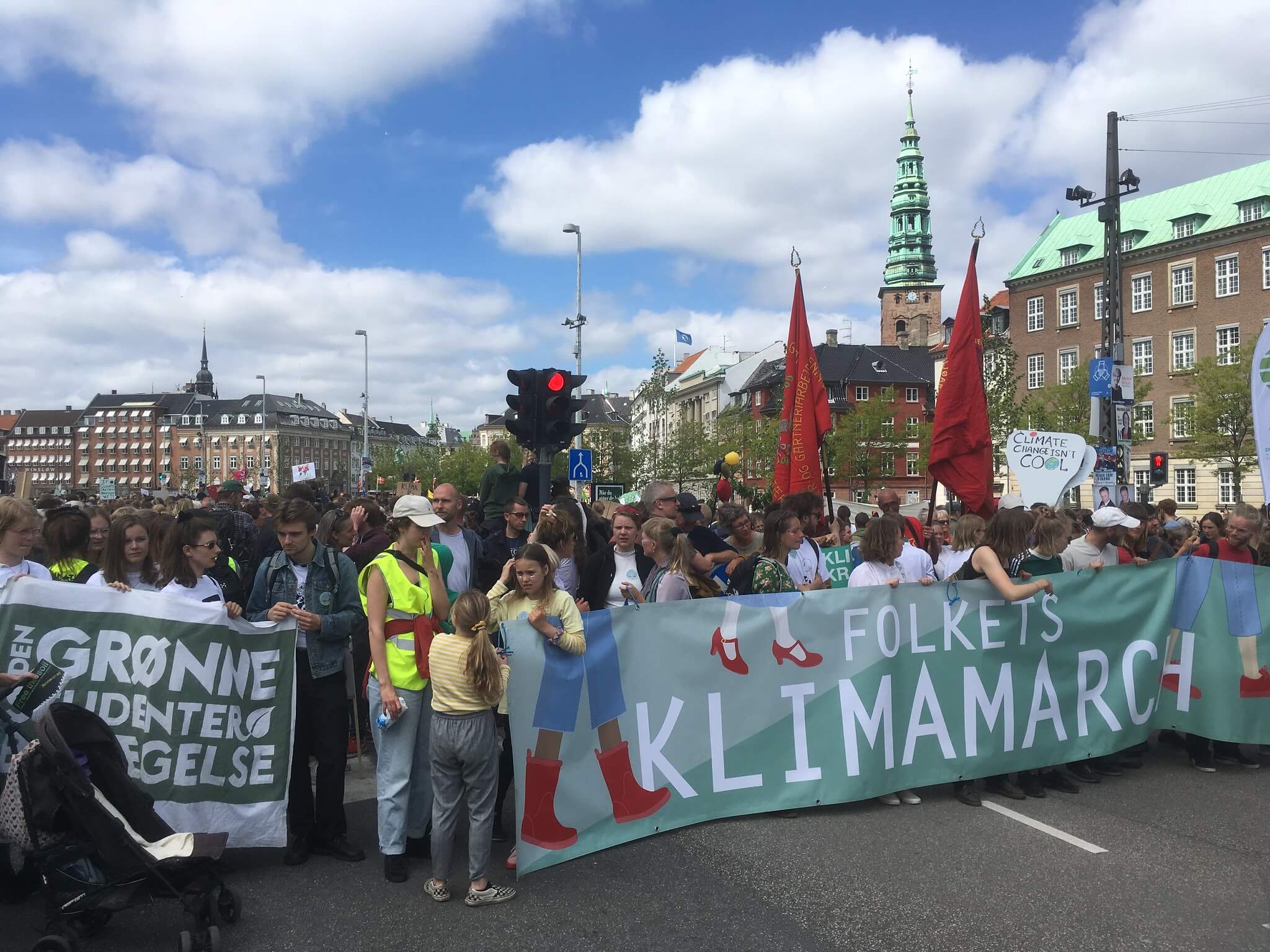Governance
Den grønne omstilling kræver ikke bare gode tekniske løsninger, men i høj grad også effektiv styring, planlægning og god regeringsførelse - det vi med en samlet betegnelse kalder Governance. Men hvordan sikrer vi effektiv governance af og i den grønne omstilling? Det undersøger vores forskningsnetværk "The governance of green transition".

Når et helt samfund skal omstille sig til at blive grønt og bæredygtigt, kræver det ikke bare højteknologiske løsninger. Det kræver i høj grad også effektiv styring af omstillingen.
Forskningsnetværket ser blandt andet på, hvad samspillet mellem mennesker og teknologi betyder for styring. Det undersøger også, hvilke nye institutioner det eventuelt vil kræve at sikre den bedste planlægning og borgerinddragelse i beslutningerne omkring den grønne omstilling.
Vi lever i et komplekst samfund med en lang række af sektorer, institutioner, virksomheder og organisationer. Hvordan gennemfører man den enorme samfundsforandring, som den grønne omstilling er, mens man samtidig sikrer, at alle led i samfundet bliver styret i en mere bæredygtig retning? Det undersøger vi i forskningsnetværket "The governance of green transition".
Governance som grøn løsning
Styring af den grønne omstilling omfatter midlerne til at udøve kontrol over, styre eller lede samfundet og dets organisationer, institutioner og praksisser i processen mod øget bæredygtighed. På tværs af samfundsvidenskab, humaniora, jura og natur-tekniske videnskaber søger forskningsnetværket at udvikle nye omfattende og tværfaglige tilgange til styringsudfordringerne ved den grønne omstilling.

Forskningsnetværket ser blandt andet på, hvad samspillet mellem mennesker og teknologi betyder for styring. Det undersøger også, hvilke nye institutioner det eventuelt vil kræve at sikre den bedste planlægning og borgerinddragelse i beslutningerne omkring den grønne omstilling.
Et tredje spørgsmål er, hvordan man sikrer, at civilsamfundet kan blive hørt og deltage aktivt i omstillingen. Og endelig undersøger forskningsnetværket, hvordan man, på trods af forskellige kulturer og forståelser af verden, kan sikre et godt samspil mellem de eksperter, der planlægger omstillingen, og de borgere der skal leve i den.
Forskningsnetværket går på tværs af alle fakulteter på Københavns Universitet for på den måde at adressere styringsudfordringerne ved den grønne omstilling på en omfattende og tværfaglig måde.
Forskere i netværket
| Anders Blok | Department of Sociology | Faculty of Social Sciences |
| Stine Krøjier | Department of Anthropology | Faculty of Social Sciences |
| Lars Tønder | Department of Political Science | Faculty of Social Sciences |
| Frida Hastrup | The Saxo Institute | Faculty of Humanities |
| Christian Bugge Henriksen | Department of Plant and Environmental Sciences | Faculty of Science |
| Carsten Daugberg | Department of Food and Resource Economics | Faculty of Science |
| Amnon Lev | Centre for International Law and Governance | Faculty of Law |
Læs hele beskrivelsen (på engelsk)
Aim
The aim of the network is to address the governance challenges of green transition in comprehensive and transdisciplinary terms. Particular focus is given to basic socio-political science research collaborations and how these might intersect with sector- and technology-specific endeavors devoted to green transition governance.
Description
Spanning across social sciences, humanities, law and natural-technical sciences, this network seeks to develop new comprehensive and transdisciplinary approaches to the governance challenges of green transition. Green transition governance comprises the means of exercising control over, steering, or directing society and its organizations, institutions, and practices in the process towards en- hanced sustainability. The network is organized around four sub-themes of transition governance:
- socio-technical transition networks and partnerships
- new institutions of deliberation and in- clusive decision-making
- civil society participation and experimentation in reform nexuses
- cultural models of transition in-between expert planners and citizens. Overall, the network will lay the foundation for cross-cutting as well as more sector-specific future research collaborations.
The network is hosted by the Faculty of Social Sciences (as part of the Center for Sustainability and Society), together with partners at the Faculties of Science, Humanities, and Law. The cross-cutting nature of the network has the potential to build new transdisciplinary research competencies and strongholds, as well as to feed into and inform more sector- and technology-specific green research endeavors.
